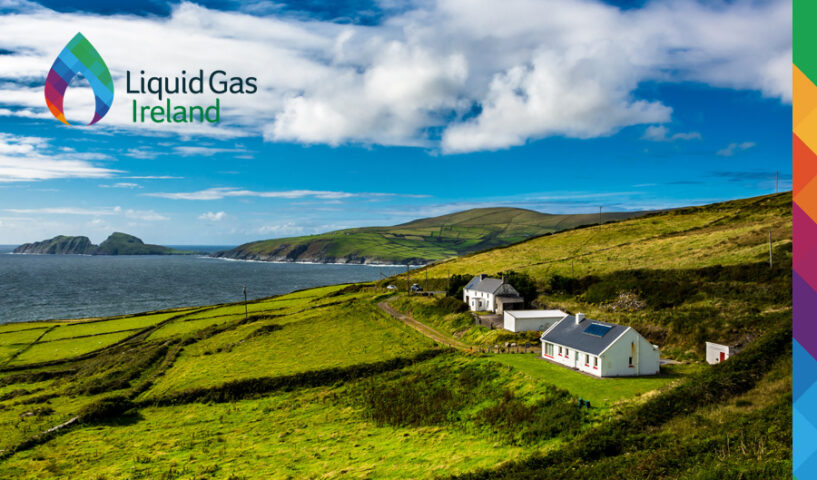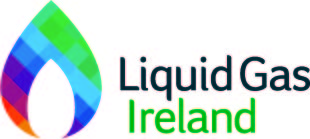
Bord na Móna
5th June 2024
We must produce more energy here in Ireland
3rd October 2024New Liquid Gas Ireland Report ‘The role of liquid gas in providing accessible lower carbon heating for Irish homes’

Across Ireland, 46% of households currently rely on high carbon fuels including oil, coal, and peat for home heating, according to a new research study carried out by Liquid Gas Ireland (LGI). Analysing Central Statistics Office (CSO) Census data on home heating from 2011 to 2022, LGI revealed how the move away from these higher carbon fuels is lagging significantly, with an urgent need to broaden the technology choices available, to meet the specific needs of rural homeowners.
The report reveals that the total number of housing units using oil for home heating has increased since 2016 by 28,173 to 714,177.
Although heat pump technology will play an important role in decarbonising Ireland’s housing stock, the study suggests that consumers in off natural gas grid areas are struggling to make a switch. A large majority of the households still using high carbon fuels are located outside major urban centres, in areas off the natural gas grid and in older building stock. This is starkly illustrated in counties such as Monaghan (75%), Cavan (69%), Donegal (67%), Wexford (67%), and Kerry (63%), where oil is the prevalent fuel for heating. Several parts of the country show a particularly high reliance on peat with Offaly (27%), Roscommon (20%) and Galway County (18%) ranking highest. Of the 63,000 plus homes using coal, households in Donegal (11%) and Wexford (11%) are the most prevalent users.
This is putting key objectives of the National Residential Retrofit and Climate Action Plans at serious risk.
LGI argues that the ‘one size fits all’ approach championed by Government is not an affordable and accessible option for many rural homeowners. For a heat pump system to work efficiently in older rural properties, there is a high probability that a deep retrofit of the building will be required which can be prohibitively expensive, despite significant Government grants.
A large majority of Ireland’s lowest BER rated homes are occupied by older people, many of whom are on low incomes and rely on a single income stream or have limited savings. This presents a significant cost barrier when considering decarbonising their heating systems through retrofitting and heat pump installation. Furthermore, many people are put off by the intrusive and time-consuming nature of a deep retrofit, with concerns that the process could prove to be very disruptive. For much of this group currently using high carbon fuels, the heat pump solution simply isn’t an affordable option.
A wider suite of options is required to accelerate the decarbonisation of homes by 2030. Both lower carbon liquid gas (LPG) and renewable liquid gas (BioLPG and in time rDME) offer significant reductions in carbon emissions when compared to oil, peat, and coal. Renewable BioLPG has the capacity to reduce greenhouse gas emissions up to 90% against the set values of fossil fuels, in accordance with the European Union Renewable Energy Directive.
The study concludes that renewable ready gas boilers should be considered as a key decarbonisation solution for home heating as part of a mixed technology approach, providing a realistic alternative option for older boiler replacement. This combined with the ability to make fabric upgrades to the house over time, would allow older homes in rural Ireland to enjoy an affordable, progressive, and step-by-step ‘Just Transition’ to decarbonisation. It would also deliver cleaner air and lower emissions in rural areas in line with our 2050 net zero targets.
You can read or download ‘The role of liquid gas in providing accessible lower carbon heating for Irish homes’ on www.lgi.ie

